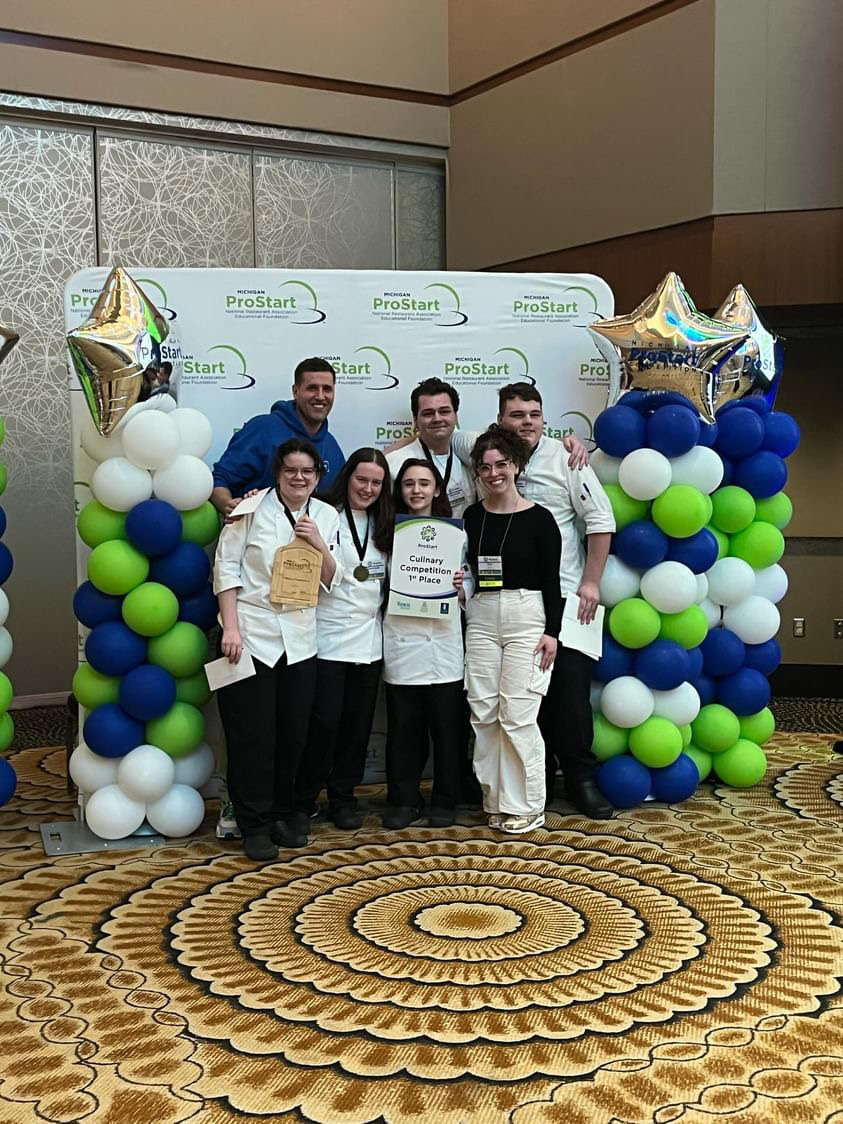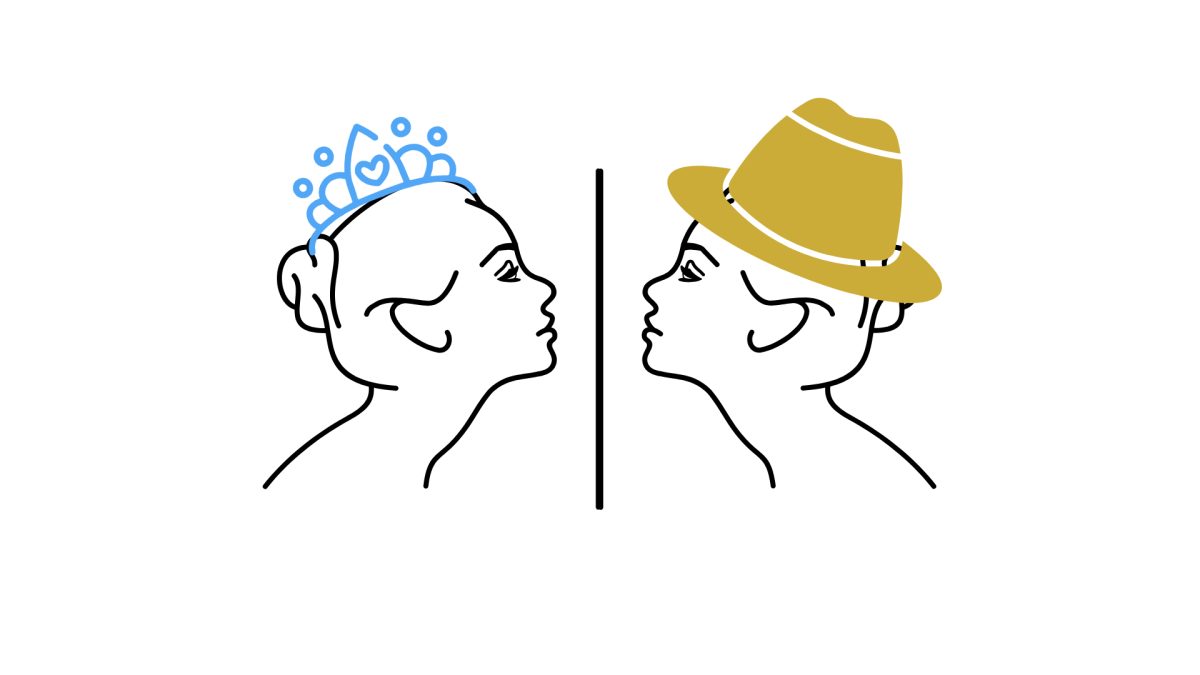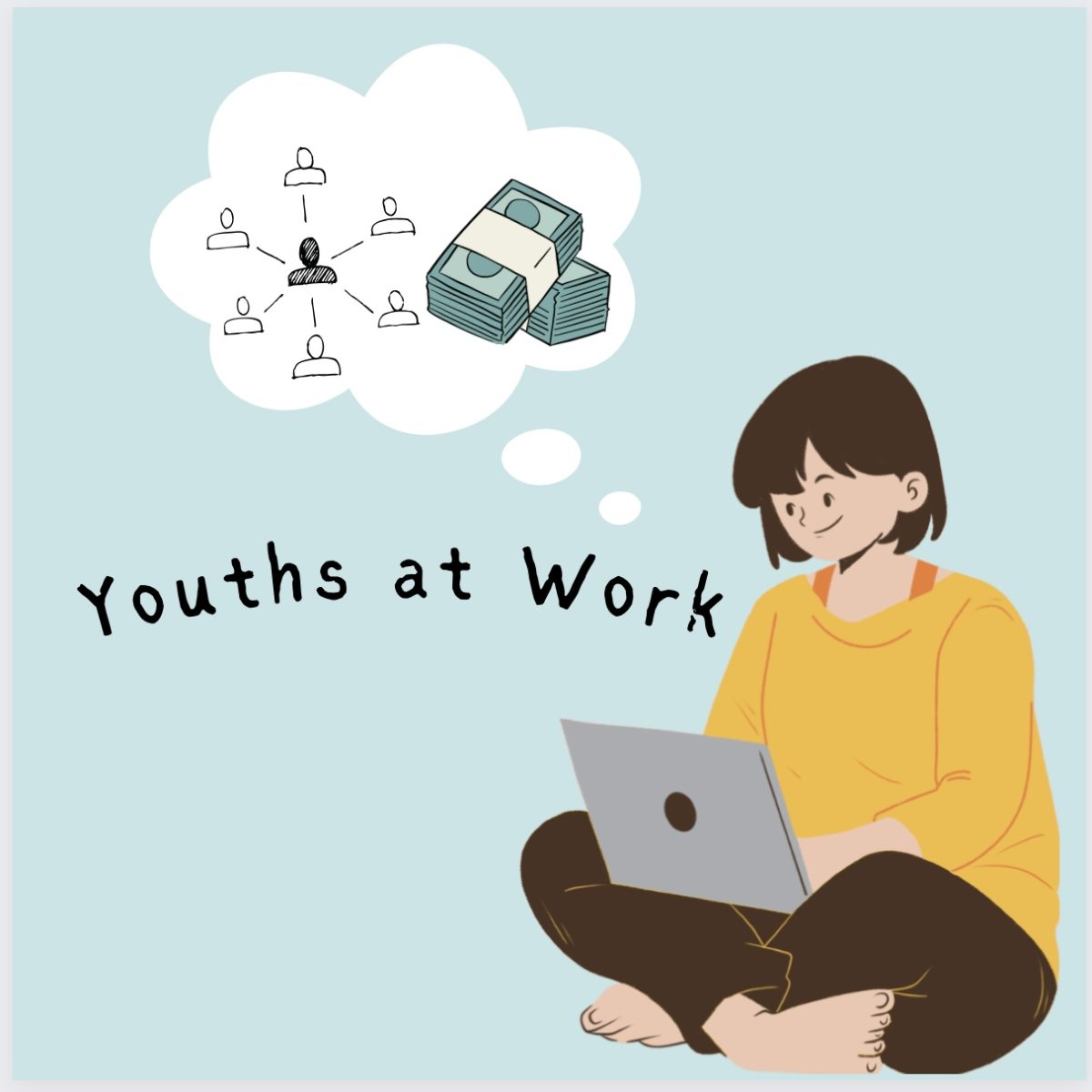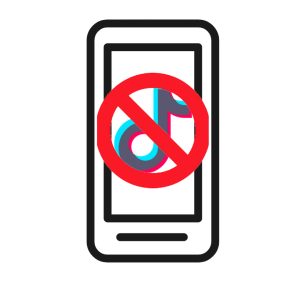LINDSEY MESTDAGH ’13|Staff Writer
One drink, two drinks, three drinks, floor. High school drinking is a strong concern as one beer at a party may turn into a serious addiction.
There are a number of reasons why teenagers in high school drink, Health education teacher Dan Griesbaum said. Some drink because they like the feeling of it, some because they feel it opens up their personality to be more outgoing and others to let go and blow off steam.
“There are levels of use, beginning with experimentation and progressing into use, abuse, dependence and then addiction,” said Griesbaum.
Alcohol use is considered to be a serious problem when the user begins to suffer negative consequences, Griesbaum said. Increased tolerance, blacking out, difficulties with school, problems involving relationships and the encounters with the law are all key to finding the signs of an alcohol problem.
“Drinking is such a common theme in high school that kids feel a sort of need to get into it,” said Janie Kaess ’14.
It’s not only seen at parties on weekends, Kaess said. Students are often drinking for school events and other celebrations, she added.
When alcohol is used to meet the need of an individual, that person is more likely to get in trouble with it, Griesbaum said. Many teens use it to fit in with other people as well as an escape from the stress and pressure put on them.
The biggest thing that students who are drinking overlook is that alcohol is illegal at their age, school counselor Carla Palffy said. Kids forget this because they have so many different viewpoints and values, but in reality they are breaking the law. Alcohol has no positive effects that will lead to success in the future, she said.
“There is a tremendous amount of risk in using alcohol that people don’t realize,” said Palffy. “You are risking your college future, what you have to put on your applications and other harmful risks to your body.”
Alcohol abuse is a sign of other issues, Palffy said. A teen may be suffering depression, anxiety or other problems mentally and feel that alcohol is a solution.
Some people are predisposed to alcoholism because it is in their genes, Palffy said. When these people start drinking, it may turn that specific gene on. The earlier the age this happens, the higher the risk to becoming an alcoholic in the future.
“It started with occasional drinking on the weekends, developed into a habitual thing, and then turned into hospitalizations, one being a near death experience,” said a friend of student with an alcohol problem. “Her use of alcohol increased and became more intense from freshman year to now.”
Her friend was always the one looking forward to drinking and getting drunk the most, the senior said.
In a casual talk one day, the senior found that her friend began drinking alone on school nights while doing homework. This is when she realized that her friend had an alcohol addiction problem.
“There is a tremendous amount of risk in using alcohol that people don’t realize,” said Palffy. “You are risking your college future, what you have to put on your applications and other harmful risks to your body.”
“Even though my friends and I saw her problem, we honestly didn’t suggest help to her,” said the senior. “We felt it was something her parents needed to address and we didn’t know if it was really serious enough to the point to go tell on her.”
With real negative results of excessive binge drinking exposed, other friends and students of South can realize the troubles it causes and learn from it, anonymous said.
Those with an alcohol problem don’t want to admit it, Griesbaum said. They feel uncomfortable with the fact of thinking they have a problem themselves.
“I’ve seen many ways friends help each other by just telling them they need to calm down and stop drinking,” said Gerard Smith ’13.
Friends of drinkers always seem to help them in the moment when they’re having a rough night or having problems, Smith said. No one seems to take it that serious or to look into getting someone help even if they need it.
“A lot of times the denial is so strong that they don’t realize they have a problem,” said Griesbaum.
Teens usually don’t feel the need to tell someone about their friend’s alcohol abuse problem because they don’t want to get them in trouble and don’t want to be the one to rat on them, Griesbaum said.
“Always confide in a trusting adult for guidance; the problem is bigger than a teenager is prepared to handle on their own,” said Palffy.
In receiving help for someone, don’t just tell and assume it is taken care of, Palffy said. It is a serious issue that needs to be addressed. A good friend should follow up to make sure someone is taking action; it may not be their business to know how it is handled, just that something is being done.
“If people around the alcoholic are covering up for them all the time and making excuses for them, then they don’t see the need to get help,” said Griesbaum.
There is a lot of good that comes out of getting a troubled individual the help they need, said Griesbaum. They will see other people are concerned and may look at themselves and notice their problem. Then they may be willing to get help.
As a friend, there are ways to help anonymously, Griesbaum said. Contacting a trusted adult such as a teacher, parent, coach or counselor are always good options.
Student assistant counselor, Doug Roby works with struggling students to overcome their problems and make changes to help them in their everyday life.
Roby can work with students privately, but lets them know up front when he may need to involve others.
“Students need to know that they can trust me with concerns they have about decisions they’re making, but if they’re a risk to themselves or others then I can’t keep that confidential,” said Roby.
Risk taking behavior is the most common trait of an alcoholic, Roby said. Not only are they taking risks with alcohol, but many get into other illegal substances, disobey their parents, skip classes and are involved in stealing as well.
If students are heavily involved in alcohol, they need to sit down and look at how it is impacting their life and think about the long-term consequences, said Roby.
“There are alcoholics that drink everyday and there are also binge alcoholics who don’t drink every day, but when they do drink, they consume a significant amount,” said Roby.
What always puts a spin on things is that about 80 percent of active adult alcoholics still go to work every day and are able to meet their day-to-day responsibilities even when they consume alcohol every day, Roby said. Most alcoholics can still function enough to get through the day.
The biggest struggle for a teen alcoholic is a change in behavior because in most cases the people they associate with are continuing to drink, Roby said.
“It’s very unlikely, if not impossible to lose a friendship because you cared enough about somebody to get involved,” said Griesbaum. “They need to show them through caring, love and concern that they are worried about them and worried about their drinking and how it might be effecting their life and their future.”
The success rate for young adults in recovery is very low, Roby said. The main reason is that alcoholics who go to an inpatient facility are taught to get different friends who aren’t involved in alcohol, and for a high school student that is a very difficult task.
“Getting a friend the help they need may be giving them a whole second chance in life,” said Palffy. “It could be saving a life or even just turning on a light bulb that makes them realize they were headed down the wrong path.”
Expressing concern to someone with a problem can be best through an intervention, said Griesbaum.
“It’s very unlikely, if not impossible to lose a friendship because you cared enough about somebody to get involved,” said Griesbaum. “They need to show them through caring, love and concern that they are worried about them and worried about their drinking and how it might be effecting their life and their future.”
Through personal encounters with true alcoholics, Griesbaum learned that people don’t need alcohol to have a good time.
There are really good resources throughout the community to help deal with these problems outside of school, Palffy said. There is a group called Care along with the Family Center. These groups work specifically with these kids to overcome their problems and direct them back on the right track.
















































































